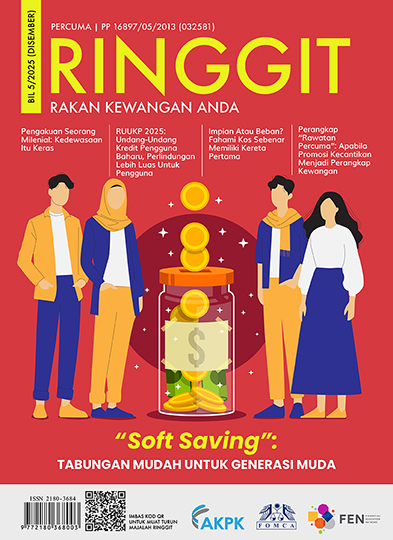 The Federation of Malaysian Consumers Associations (FOMCA) has expressed full support for the enforcement of the smoking ban in all workplace buildings under the Occupational Safety and Health Act 1994 (OSHA) through the 2010 Indoor Air Quality Code of Practice. This ban is also in line with the Public Health (Control of Smoking Products) Act 2024 (Act 853) and the Public Health (Declaration of No-Smoking Areas) Order 2024.
The Federation of Malaysian Consumers Associations (FOMCA) has expressed full support for the enforcement of the smoking ban in all workplace buildings under the Occupational Safety and Health Act 1994 (OSHA) through the 2010 Indoor Air Quality Code of Practice. This ban is also in line with the Public Health (Control of Smoking Products) Act 2024 (Act 853) and the Public Health (Declaration of No-Smoking Areas) Order 2024.
The Importance of the Ban
According to the Centers for Disease Control and Prevention (CDC) and the US Surgeon General, there is no safe level of exposure to secondhand smoke. Studies show:
- Secondhand smoke contains over 4,700 harmful chemicals, including 43 carcinogens.
- Prolonged exposure increases the risk of lung cancer, heart disease, and chronic respiratory issues.
- Children are more susceptible, with increased risks of respiratory infections, asthma attacks, and Sudden Infant Death Syndrome (SIDS).
- It is estimated that over 27,200 deaths in Malaysia annually are caused by tobacco.
The enforcement of this smoking ban in workplaces is crucial in improving indoor air quality, protecting workers’ health, and reducing healthcare costs associated with smoking-related diseases.
Objectives of the Smoking Ban in Public Places
- Protecting Everyone from the Harm of Tobacco Smoke: Approximately 27,000 people die annually from diseases caused by exposure to tobacco smoke, including secondhand smoke.
- Encouraging Smokers to Quit: Helping smokers reduce their smoking rates and ultimately quit.
- Protecting Children: Preventing children, who may have witnessed adults smoking since infancy, from adopting smoking habits in public spaces.
Ethics of Smoking
- Do not encourage others to smoke, especially those trying to quit.
- Abide by smoking bans and do not smoke in prohibited areas.
- Protect children by not smoking in their presence.
Legal Action on Smoking Ban Since the implementation of the 2010 Indoor Air Quality Code of Practice and Act 853, some parties have challenged the extension of the smoking ban in workplace buildings for various reasons, including concerns over personal rights and economic implications. However, the courts have emphasised that public health is the top priority. FOMCA urges all parties to respect this legal decision to protect the safety and health of society.
Benefits of the Smoking Ban in Workplace Buildings
- Protects Workers’ Health: Eliminates exposure to secondhand smoke that can cause both acute and chronic health problems.
- Increases Productivity: Reduces absenteeism due to diseases related to tobacco smoke exposure.
- Reduces Costs: Saves on building maintenance and healthcare costs.
- Supports a Healthy Work Environment: Sends a clear message about commitment to worker wellbeing.
Enforcement Actions
- Employers are required to ensure that all workplace buildings are completely smoke-free.
- Authorities will enhance monitoring and enforcement to ensure compliance with this ban.
- Clear no-smoking signage will be displayed in all workplace buildings.
FOMCA’s Call to Action
FOMCA urges all parties to:
- Comply with the Ban: Smoking is only allowed in designated outdoor areas.
- Educate and Raise Awareness: Conduct awareness campaigns about the dangers of secondhand smoke.
- Enforce the Policy: Take strong actions against violations of the smoking ban.
This initiative not only protects workers’ health but also contributes significantly to the welfare of society and future generations by creating a healthier environment and reducing the burden of smoking-related diseases.




